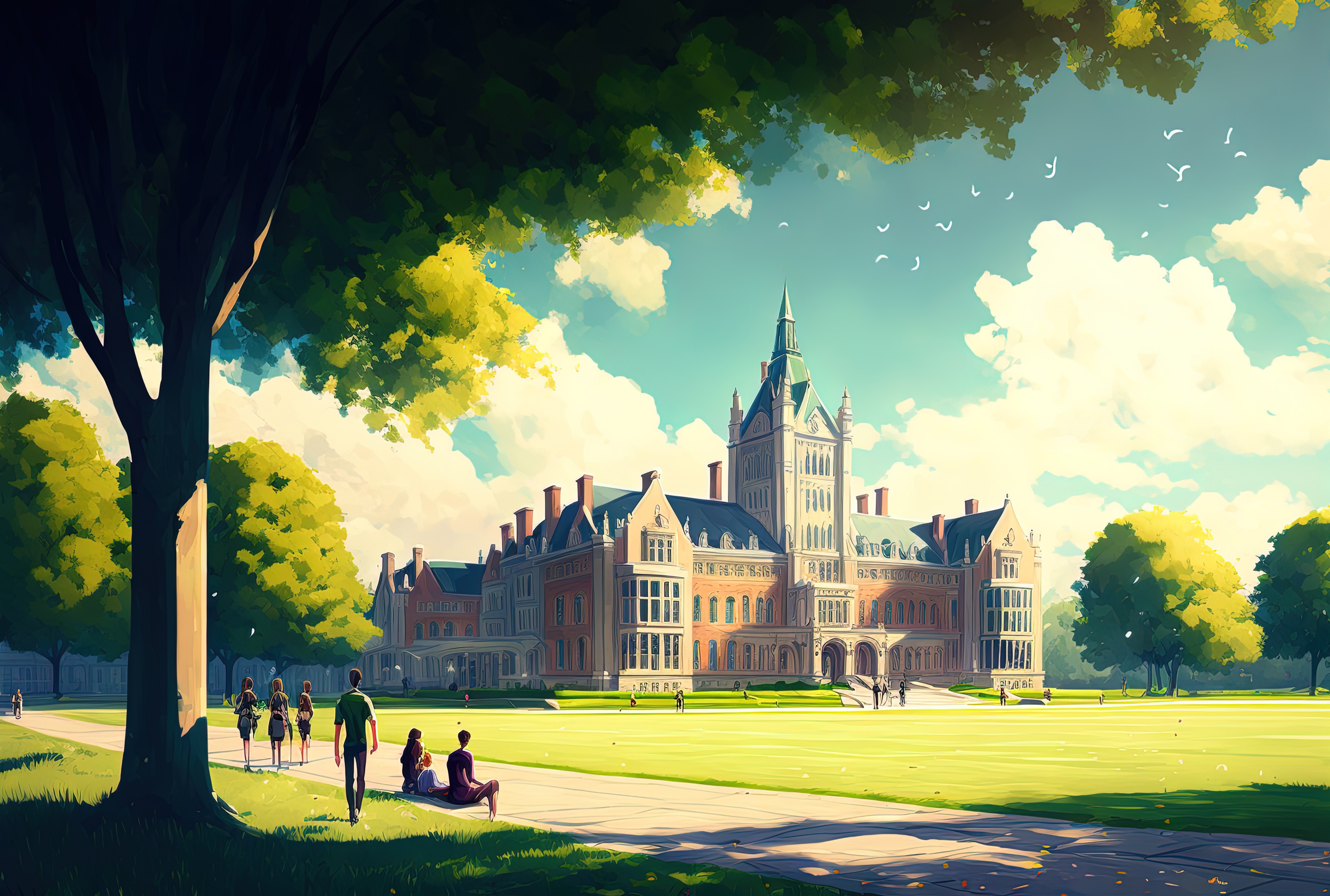Magazine
The light went on for me when Elder Clark Gilbert, a senior leader in The Church of Jesus Christ of Latter-day Saints, with special responsibility for higher education, said this:
“I grew up in Scottsdale, Arizona as a designated driver, shuffling my drunk friends around town every weekend and constantly feeling like the odd man out. I never felt at home until I stepped foot onto the campus of Brigham Young University and thought to myself: finally, a place where I fit, where my beliefs are not only respected, but where my religious identity can actually be strengthened for a season before returning to a world where it would continue to be challenged.”
The statement struck me because it’s virtually the same story I hear from Black men who went to Morehouse and Black women who went to Spelman. It’s a version of the following: I grew up as an outsider in a majority culture that didn’t understand me. So much of what I did put me at a slight angle to everyone else. It was like walking uphill against the wind all the time. And I didn’t even know I was doing it, and how exhausting it was, until I got here, and I experienced the ease of walking on flat road with the wind at my back.
I love that there is a place in our society where the experiences of Black men and women are affirmed. And of course, by that logic, it makes perfect sense that people with a particular religious identity also need a place where they can have their identity supported, especially when that religion has a history of facing bigotry, as Latter-day Saints, Jews and Catholics certainly have.
This was the conversation taking place in my mind during an event called “The Fate of the Religious University,” hosted by the American Council on Education in Washington, D.C., on Jan. 12. There were serious heavy hitters present: the leaders of major faith-based networks that collectively represent some 400 colleges [including the CCCU], and the presidents of Notre Dame, BYU-Provo, BYU-Hawaii, College of the Ozarks, The Catholic University of America, Yeshiva University and Dillard University.
Two things struck me about the gathering. First, these institutions were making the case for their importance based on goals that they share with progressives, rather than principles that typically code as exclusively conservative, like religious freedom or moral character. There were panels on increasing college affordability, improving graduation rates and focusing applied research in ways that benefit the poor and marginalized. And there was a clear demonstration that faith-based schools did each one of these things exceedingly well.
The message of these schools to their secular counterparts is clear: There are so many objectives that we share and matters on which we can work together. Let’s focus there. Let’s help poor students get an education and a better job. Let’s make sure that our faculty focus on research that lifts everyone up. That’s so much better than taking up opposing positions in the culture wars.
The second thing that struck me was that these various faith-based networks were making the case for the importance of their work as a collective. Latter-day Saints, Catholics, Evangelicals, Jews — there are huge differences between these communities, to include differences of doctrine, ritual, ecclesiology, you name it. And the stakes could not be higher. It’s not just about how you should live life on Earth, but about how you are going to spend eternity.
And yet here they were making the case together: Diverse faith-based colleges are assets not just for their own particular communities, but for the broader nation. We excel at what everybody in higher education is trying to improve. We have poor kids of a variety of racial (and, in some cases, religious) backgrounds at our schools, getting an education, learning real-world skills, lifting each other up, working well together and graduating. And we do this because of our faith, not in spite of it.
In other words, respect our values. The secular world might not understand all of what we believe and every reason we do what we do, but can’t you see the results? The least you can do is affirm that our religious identity is an asset. It is what drives our commitment and results in our excellence.
I am an interested party. I was a keynote speaker at the event. Why? Because this is as good a demonstration of Interfaith America as I have ever seen. Our nation needs to be a place where people who disagree on matters regarding heaven can still work together on important issues here on earth.
That is precisely what these institutions and networks are doing. We should see them for what they are — an American treasure.
Eboo Patel, Ph.D., the founder and president of Interfaith America, is a contributing writer for the Deseret News, the author of We Need to Build: Field Notes for a Diverse Democracy, and the host of the podcast Interfaith America with Eboo Patel. This essay originally appeared in Deseret News and is reprinted with permission.



